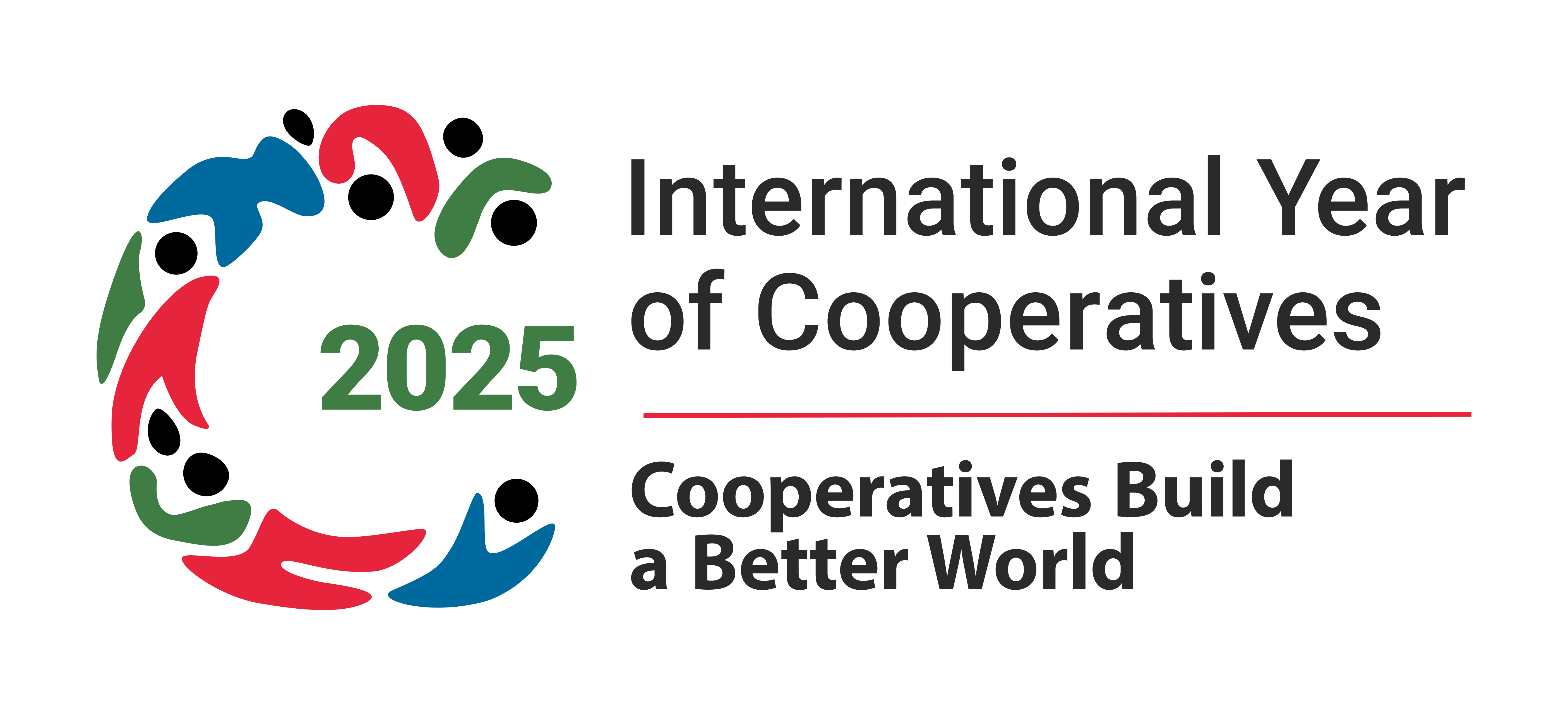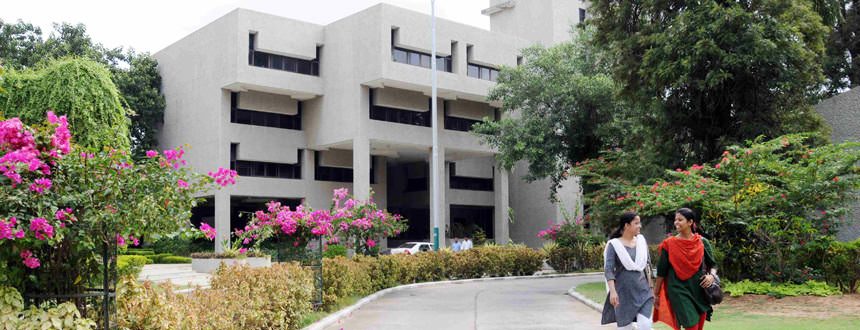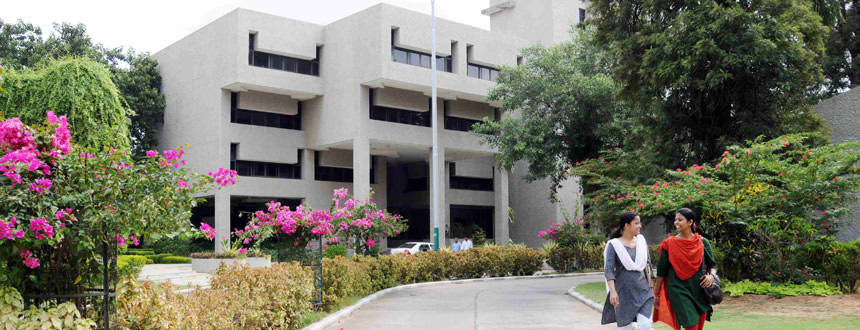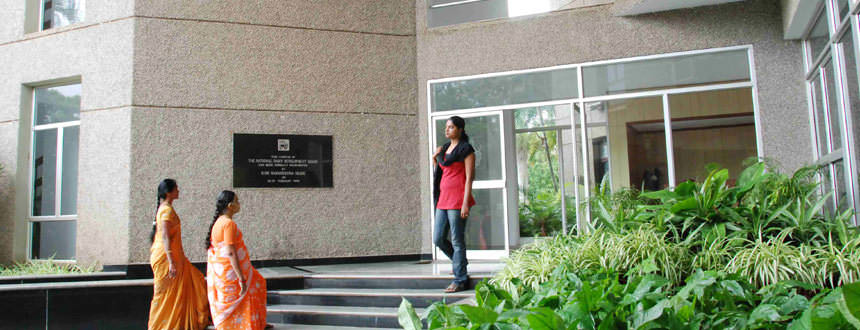Address by Shri Meenesh Shah, Chairman, NDDB at Webinar on Digitalisation in Milk Procurement, Processing and Marketing Indian Dairy Engineers Association (IDEA) & SMC College of Dairy Science – 8 April, 2022
Dr. N.H. Kelawala, Hon’ble Vice chancellor, Kamdhenu University
Dr. J.B. Upadhyay, Principal, SMC College of Dairy Science
Shri Sumer Aggarwal, President, Indian Dairy Engineers Association
Lead Speakers of Today’s webinar
Other panellists,
Participants joining the Webinar virtually
I feel honoured and delighted to be amongst you in this webinar on “Digitalisation in Milk Procurement, Processing and Marketing” being jointly organised by Indian Dairy Engineers Association (IDEA) & SMC College of Dairy Science.
Digital Technology is shaping history and our world is rapidly shifting from analog to digital mode. According to a United Nations Report, Digital technologies have advanced more rapidly than any innovation in our history – reaching around 50 per cent of the developing world’s population in just two decades.
And, this is leading to transformation of societies and transforming the way we live, work and conduct business.
The Indian dairy sector, one of the largest and fastest growing industries in the country continues to contribute significantly to economy and also provide ample livelihood opportunities.
One of the biggest challenges for dairy sector in India is obtaining and processing data on a day to day basis and utilizing it for achieving maximum efficiency in each of its business functions i.e. procurement, processing, storage and distribution as well as day to day decision making.
Therefore, the process of digitalization is already underway in the dairy sector and is expected to become a critical aspect in the near future. Over the years, the dairy industry in India has built Supply chain platforms, Customised workflow solutions, Sales force automation, building management solutions, plant automation platforms, SCADA, sales tracking platform etc., to acquire data from multiple sources and use the data to optimise the business operations.
However, the opportunities for digitalization in the Indian dairy sector continue to be immense, especially in view of the greater adoption of emerging technologies such as Artificial Intelligence (AI), Internet of Things (IoT), and Cloud.
As far as milk procurement operations are concerned, digitalization can be a means of ensuring fairness and transparency in milk procurement operations, which will help in winning the trust of milk producers, who are the backbone of our Industry.
In the recently concluded National Dairy Plan I, a central sector scheme, implemented by NDDB, more than 29,000 Automated Milk Collection Units were installed at village level for creating transparent and fair milk procurement systems.
Further, the free source application “AMCS” developed by NDDB is helping cooperatives digitize entire operations of village dairy cooperatives and most importantly ensuring direct milk bill payment to the individual bank accounts of milk producers.
Operations of a large dairy plant require multiple activities such as collection and procurement of milk, processing of milk and a variety of products, packaging, marketing, warehouse management, inventory control etc.
Here, digitalisation across the dairy value chain can improve the efficiency as well as maximize returns in dairy sector.
For example,
- Use of data loggers in bulk milk coolers can help in better monitoring of chilling operations, milk lifting and energy usage of BMCs. In NDP I we have introduced its usage in many cooperatives.
- Quality of the milk throughout the procurement supply cycle is crucial to meet compliance standards of milk quality. GPS trackers with appropriate environmental factors like temperature, humidity, etc monitoring can be very useful in this.
- The dairy industry requires refrigeration and temperature controls that are reliable. Advanced HVAC systems for factory storage can be employed with the objective to ensure optimal environment parameters to ensure quality compliance.
- Many dairy cooperatives and private players have already invested in plant automation using PLC and SCADA. They can further integrate environment data and energy consumption with the plant automation platform. IoT can help in combining input data with analytics to improve the efficiency of plant automation.
- Such plants also ensure complete traceability of milk right from stage of plant entry to final exit of finished product. This is helping plant managers to trace-out the root causes for any market complaints or rejects.
- Today with availability of digitalized report, co-ordination between dairy procurement, processing and marketing teams has improved and is better synchronised.
- Digitalization with the help of new technologies within the supply chain integrated approach could also help monitor and control critical processes that influence food safety and quality. NDDB is assisting dairies in implementation of internationally recognized food safety management systems (FSMS) leading to ISO 22000/FSSC 22000.
Distribution and retail formats will also witness a lot of innovation from digitalisation perspective as well. Generally, we call products like soap, tooth paste etc., “Fast Moving Consumer Goods”. But nothing moves as fast as milk does ! Milk is the “Fastest Moving Consumer Good”. Milk and several other Value Added Milk Products are highly perishable in nature and thus if not handled properly, milk is non-forgiving as well!
This calls for a very strong and efficient distribution system to ensure timely supply without compromising the cold chain. Having real time data on stock availability in market and daily demand variations are absolutely critical for planning of production as well as the distribution.
The daily demand fluctuation of dairy products are unlike any other products. To add on to this challenge, most of the dairies do not have data beyond their primary sales, i.e., the billing to the wholesale distributors.
Digitalisation has the potential to address these challenges to a great extent. IT enabled systems at various levels like retail, distribution, logistics and marketing can ensure assimilation of data required to address these challenges. Digitalization of sales MIS can address a lot of challenges associated with logistics and demand estimations on daily basis.
It will give the dairies the real time demand fluctuations and stock movements which may be used to assess the demand and fulfil it in real time. The ERP system developed by NDDB is a step in this direction.
In organized dairy sector, Sales are made through a vast network of retail outlets and milk booths. The mapping of these outlets can help the dairies to identify the gaps in the distribution system and help in assessing the market potential. In this context, customized Software Applications, such as the Dairy Surveyor App developed by NDDB can be used in various aspects.
Further, dairy being a mass consumption product, tracking the consumption pattern and changing consumer preferences are critical for making timely marketing decisions. Assimilation of data for any meaningful analysis is possible only through the digitalization of the entire distribution network.
Today, the consumer preferences are moving towards safe and healthy products being guided by social media platforms and therefore it will be critical to understand the changing trends to ensure targeted marketing.
While we can tap into the great potential of social media, we should also realise that it is like a double-edged sword. Engaging consumers in social media to address consumer grievances is a skill that dairy industry should muster.
In the end, I would say digitalization of various functions such as Procurement, Processing and Marketing will optimize the cost of dairy operations. It will also shorten the ‘Go-to-market’ time and cost. Thus products will be made available at the right place, at the right time to the right consumers at a competitive price.
Therefore, going forward, we should focus our efforts in improving the access, availability, and management of IT based applications/tools for the concerned stakeholders in dairy industry. I once again thank the organisers for inviting me and I am sure today’s deliberations will add to the intended objective of enhancing digitalisation of dairy industry.






